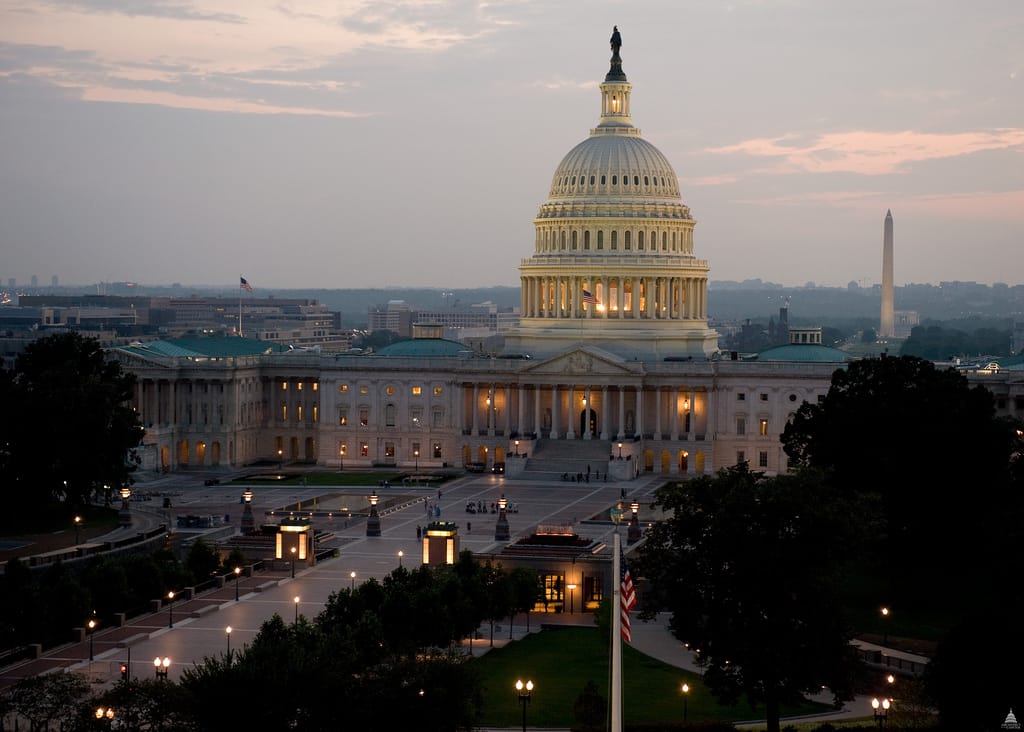The House GOP is currently embroiled in a highly consequential internal debate over the direction of tax reform and fiscal policy. At the core of the dispute is whether to extend key provisions of the Tax Cuts and Jobs Act (TCJA) introduced under the previous administration, which are set to expire at the end of the year, or to chart a new course that seeks compromise between tax relief and deficit reduction. This debate has exposed deep ideological divides within the party, complicating legislative efforts as fiscal pressures mount.
The conversation surrounding tax policy has been one of the party’s focal points since regaining a slim majority in the House. Proponents of extending the TCJA argue that doing so is essential to maintaining economic growth and providing relief to individual taxpayers and businesses. These representatives believe that making the cuts permanent will help ensure stability for both the middle class and commercial enterprises.
However, a faction of fiscal conservatives within the party has challenged this view, citing concerns over the ballooning national debt and the implications of continued tax relief on federal revenue. This group, often referred to as deficit hawks, has pressed for a strategy that ties any further tax reductions to corresponding spending cuts, particularly targeting entitlement programs and discretionary funding, to offset the potential loss in tax revenue.
Budget Committee Chairman Jodey Arrington has emerged as a vocal leader of the deficit-reduction wing, insisting that large-scale tax cuts must be accompanied by responsible fiscal policies. On the other side of the debate, Ways and Means Chair Jason Smith has been spearheading efforts to ensure swift action on a comprehensive package that includes not only extensions but potentially new tax benefits.
Complicating the issue further is the influence of hardline conservatives, who are pushing for steep reductions in federal spending to advance not only tax priorities but other legislative benchmarks aligned with the party’s broader agenda. Such proposals have been met with resistance from other Republican representatives, particularly those in swing districts, who fear the political repercussions of dramatic cuts to popular programs like Social Security, Medicare, and Medicaid.
Speaker Mike Johnson has tried to mediate the growing tensions within his caucus, working to find common ground that would satisfy the party’s various factions. Yet, these negotiations have proven to be an uphill battle. Despite multiple closed-door meetings and proposals for short-term solutions, an agreement remains elusive, delaying attempts to finalize a budget blueprint that could move towards a vote.
Another layer of complexity comes from the external pressure placed on lawmakers. Business groups and lobbyists have been actively advocating for an extension of corporate tax reductions, emphasizing their role in fostering investment and job creation. Meanwhile, independent analyses have raised questions about the long-term revenue implications of extending these measures without substantive offsets.
Observers have noted similarities between the current tax debate and prior conflicts within the GOP over federal budget priorities. Historical precedents suggest that these intraparty struggles often reflect deeper ideological divisions that are not easily reconciled, particularly in periods of economic uncertainty.
At a broader level, the stalemate reflects the complexity of balancing economic policy with political realities. The House GOP’s narrow majority makes every vote critical, empowering smaller groups within the party to exert substantial influence over final decisions. The leadership’s challenge is to craft a policy narrative that unifies diverse factions while addressing real-world concerns about growth and solvency.
For both lawmakers and constituents, the stakes in this debate are considerable. With the expiration of key tax provisions looming, the House GOP’s ability to present a cohesive plan will have significant ramifications not only for taxpayers but for the credibility of the party’s fiscal platform. Moreover, the outcome of these discussions is likely to set the tone for broader debates around fiscal responsibility and economic strategy in the coming election cycles.
Ultimately, the resolution to this conflict will serve as a bellwether for the current state of Republican governance. The tension between competing goals — fiscal restraint, economic stimulation, and political pragmatism — underscores the enduring challenges of governing a diverse and ideologically varied party.



